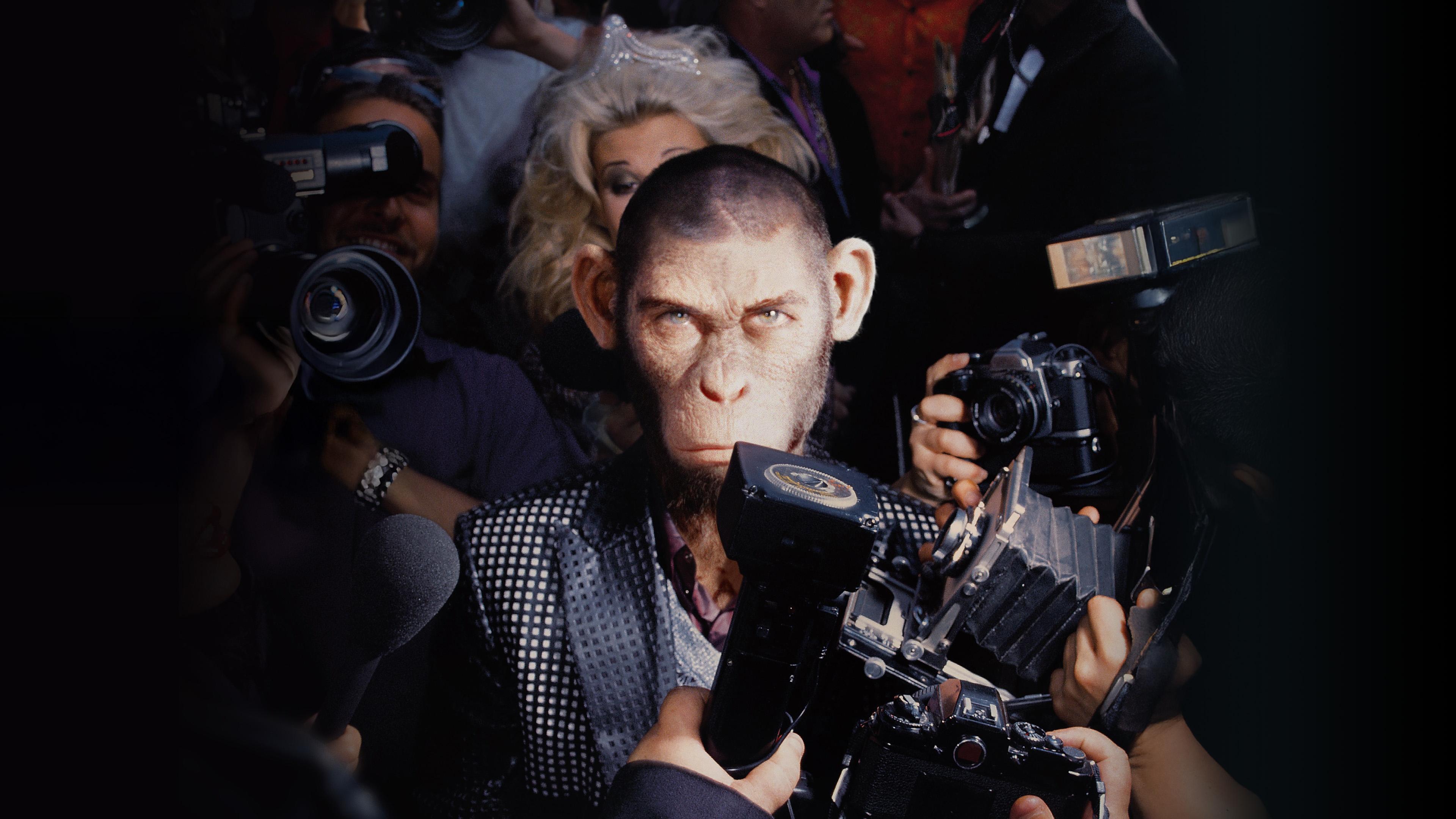Watch Better Man (2024) Movie

Follow Robbie Williams' journey from childhood, to being the youngest member of chart-topping boyband Take That, through to his unparalleled achievements as a record-breaking solo artist – all the while confronting the challenges that stratospheric fame and success can bring.

Fame makes monkeys of us all. - depression
## The Ghosts He Couldn't Outrun: A Deep Dive into Pearl Jam's "Better Man" After All These Years
"Better Man," Pearl Jam's arguably most commercially successful song, isn't just a radio staple; it's a potent cocktail of yearning, regret, and the quiet defiance of a woman trapped in a love that chips away at her soul. But beyond the soaring chorus and Vedder's impassioned vocals, lies a deeper story about generational trauma and the enduring power of choice.
Many hear "Better Man" as a straightforward anthem of female empowerment, a woman finally recognizing the toxic relationship she's in. However, listening with a more critical ear, knowing the song's backstory and recurring themes in Vedder's writing, reveals a more nuanced portrait. The woman in "Better Man" isn't just escaping a bad boyfriend; she's breaking free from a cycle.
The lyrics are riddled with clues about this trapped state. "She lies and says she's in love with him, can't find a better man," isn't a statement of contentment. It's a resigned admission, a lie she tells herself and others to mask the reality of her situation. The repetition of "can't find a better man" isn't about the scarcity of good partners; it's about the limited options she perceives for herself.
The song's origins further solidify this interpretation. Vedder wrote the lyrics as a teenager, inspired by his own experiences with his stepfather, who treated his mother poorly. This personal connection lends the song an authenticity that resonates deeply. It's not just about a single relationship; it's about witnessing the corrosive effects of a relationship built on control and compromise.
The line, "She dreams in color, she dreams in red, can't find a better man," is particularly heartbreaking. The "red" likely symbolizes anger, passion, and the buried desire for something more. Her vibrant internal world is starkly contrasted with the monochrome reality of her relationship. She's not apathetic; she's suppressed.
Interestingly, the song doesn't offer a triumphant escape. There's no soaring bridge detailing her liberation. The ending loops back to the same feeling of resignation, suggesting that the fight for freedom is ongoing. This is where the generational trauma comes into play. The woman likely witnessed similar dynamics in her own family, leading her to believe that this is the best she can hope for. Breaking that cycle requires immense courage and a willingness to confront deeply ingrained patterns.
"Better Man" doesn't celebrate an easy victory. It portrays the messy, complicated struggle of a woman recognizing the limitations placed upon her and grappling with the possibility of a different future. The true power of the song lies not in a triumphant declaration of independence, but in the quiet recognition that she deserves better, even if the path to achieving it is fraught with difficulty and uncertainty.
The lasting appeal of "Better Man" isn't just about its catchy melody or Vedder's signature growl. It's about the song's raw honesty and its unflinching portrayal of a woman trapped by societal expectations and internal limitations. It's a reminder that breaking free isn't always a single, dramatic act, but a series of small, persistent choices to prioritize one's own well-being and to refuse to settle for anything less than what one truly deserves. And that's a struggle that resonates with listeners across generations.

إرسال تعليق